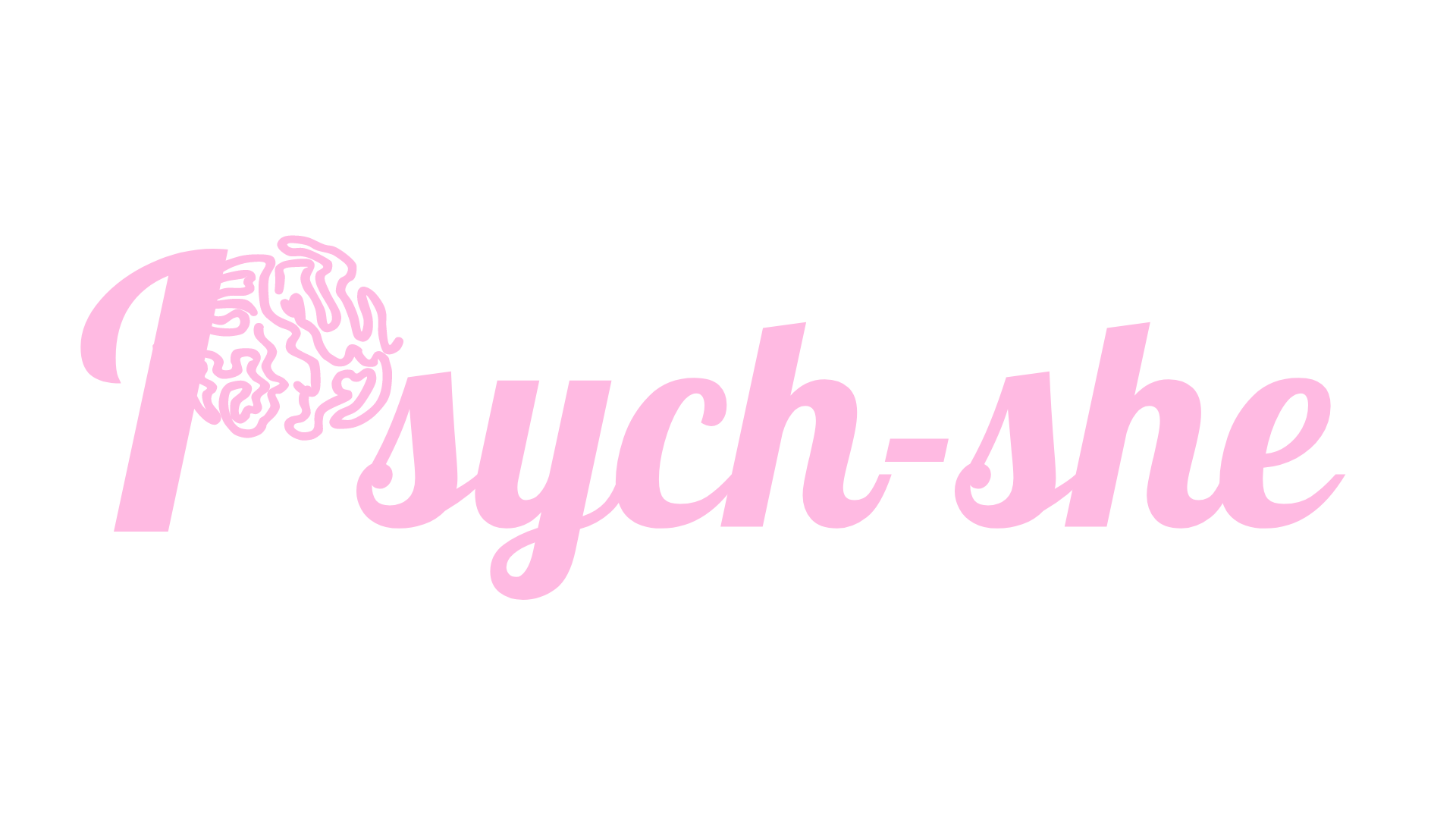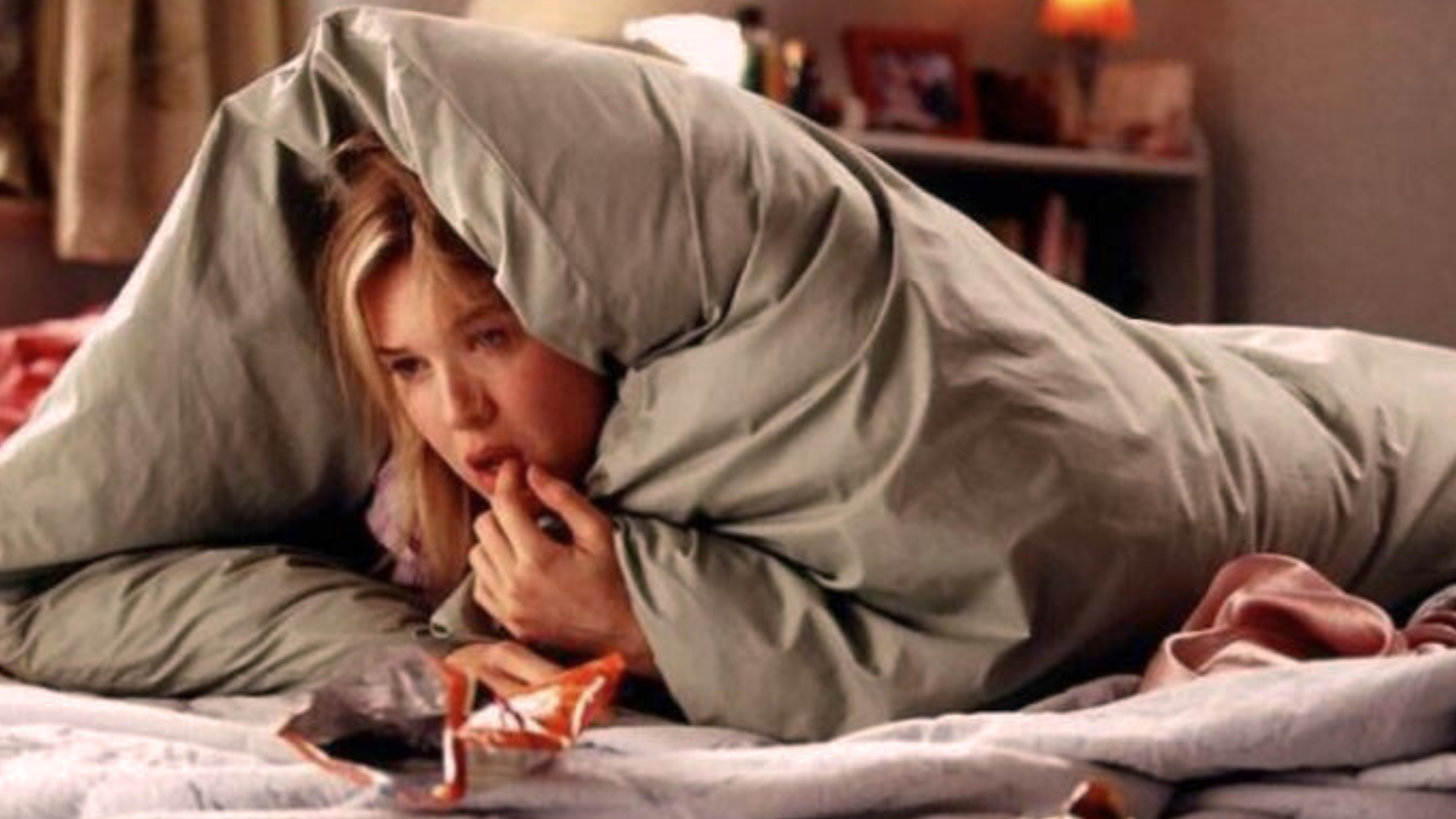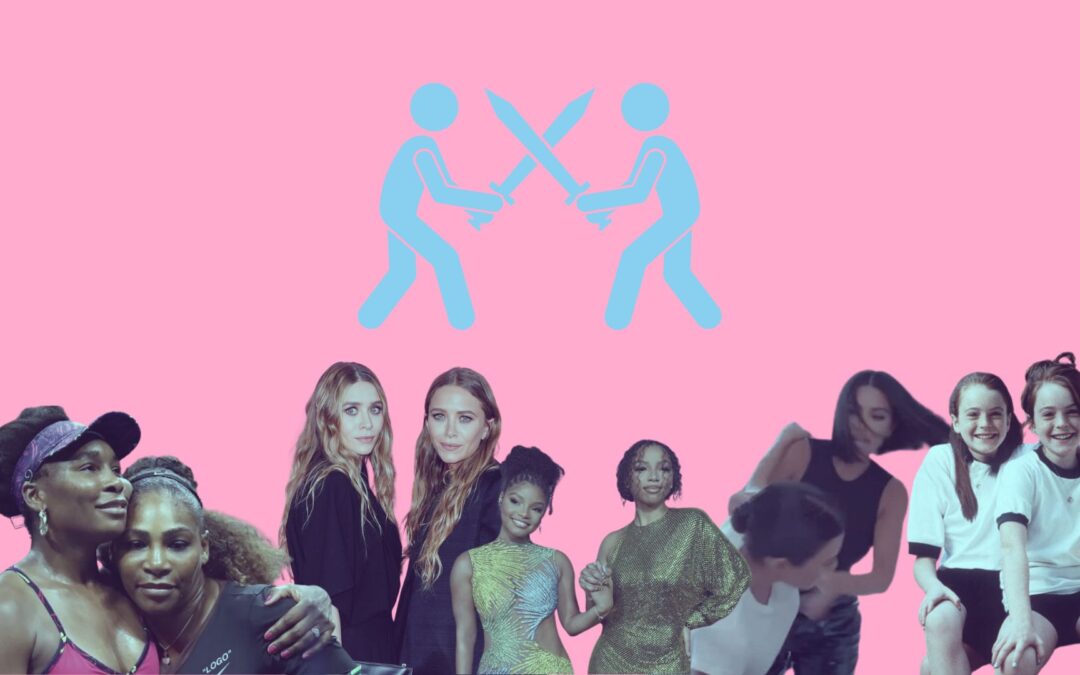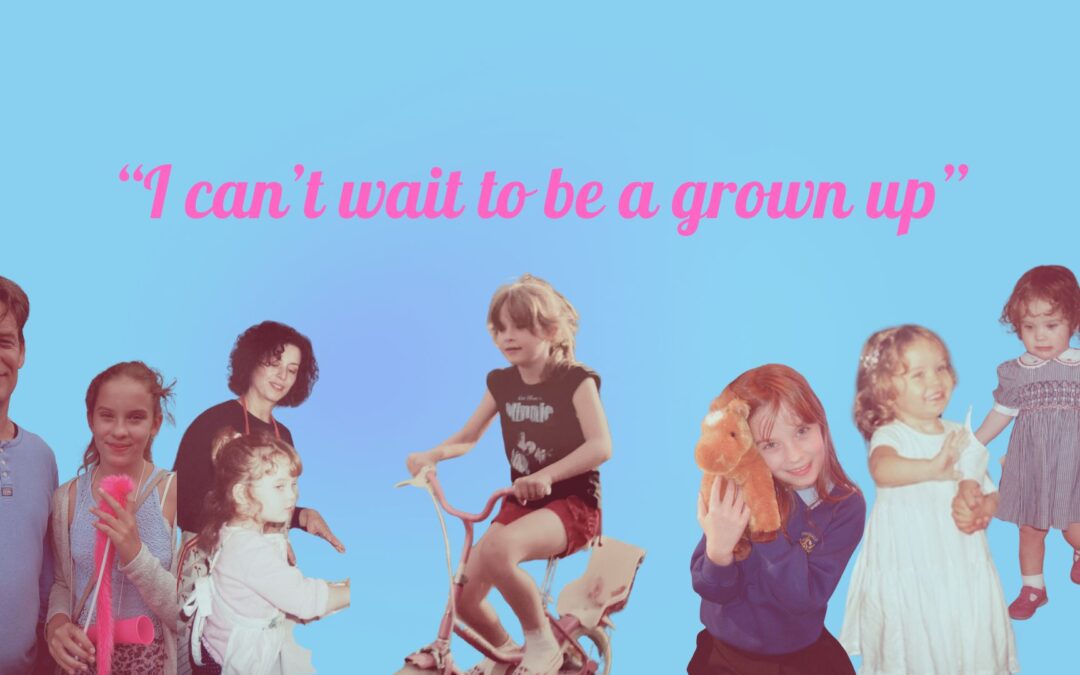The dreaded voice that creeps into your brain the morning after a night out, sometimes unavoidable and always ready to make you question every minute thing you did the night before. Psych-She delves into how hang-xiety can ruin your social life and hearing from an expert practical ways to over-come it.
I’ve lost count now of the number of times, I’ve let post alcohol anxiety taint memories which should have been, the best nights to remember. It only takes me to reach my third drink to anticipate the overthinking and self-critical voices arriving in my brain the next morning.
I could have had the most idyllic, care-free night with all my closest friends. Chatting about nonsense, dancing together till the early hours to our favourite songs, trying new cocktails and just enjoying each other’s company. Yet somehow, I can find a way the next morning to convince myself none of that was true. I’m angry at myself for oversharing, being too loud or overbearing, talking over someone, saying something I wish I hadn’t. When the hangixety is bad, it’s really bad. And I became sick of allowing it to ruin what should be really fond and cherished nights.
Clinical counsellor and therapist Nilou Esmaeilpour, says, “Hangxiety could explain the physiological and psychological effects of alcohol withdrawal. Alcohol temporarily elevates levels of neurotransmitters that promote relaxation, those that are responsible for dopamine. When this initial alcohol-induced elevation wears off, anxiety escalates. Hang-xiety can be more severe for some due to their genetics, the amount of consumption of alcohol or their general mental health at that time.”
I’ve become aware in recent years that when I’m feeling more stressed or anxious in life in general, I know after a night out my hang-xiety is worsened. Because of this, I do try and make a conscious effort to drink less when I’m feeling more anxious because I know how much worse I will feel after the night out. But it’s easier said than done, and sometimes despite only have two or three drinks, I nevertheless still wake up with the looming sense of regret even if I’ve done absolutely nothing to justify that feeling.
“Hangxiety can taint the rosiest, enviable memories of a great night since alcohol affects your emotional regulation,” says Nilou. “The next day after getting drunk, individuals suffer sometimes amnesia which can instigate anxious and uncertain reflections about what’s occurred.
“Drinking will cause a loss of imbalance in the neurotransmitters of the brain, with time leading to the increased anxiety when the alcohol wears off. Secondly the prefrontal cortex – the part of the brain that leads to making decisions and impulses is halted, which leads to regret or guilt over actions you’ve done.”
Often the morning after having alcohol, it can feel practically impossible to get yourself out of a rut of overthinking. Especially with the added bonus of a pounding headache, or your head peered over the toilet seat every ten minutes. For a long time, the easy and better way out was to avoid all human contact the next day. I would become untraceable; I didn’t want to see or talk to anyone. Instead, I would lay in bed going over what I had said and done about 100 times. Reluctantly I now have to admit, this never worked. Despite the countless hangovers where I insisted to friends I didn’t want to meet for breakfast or chat on the phone because it would only make me feel worse or I was ‘incapable’, I have slowly learnt becoming a recluse the next day is unsurprisingly only making things spiral in my head even more.
I now have become the contradiction of my past hungover self. Even the thought of spending the day alone after drinking, gives me the fear. I am now desperately nagging friends or family members to let me at least sit in their company. Before even going on the night out, I will ensure I’ve pre planned social interaction for the following day.
Having someone to talk to, or just getting out the house so quickly elevates so many of the false narratives or memories I will have conjured up about the night before. It forces me to take a moment to step back and reflect rationally, remind myself I haven’t hurt anyone, I haven’t done anything awful, everyone in fact doesn’t hate me and even if I did something embarrassing, the world is not going to end.
I know alot of girls who battle with this same issue and let it ruin the memory of their whole evening. You’re left with a horrible after taste from what was a great night because anxiety has got the best of you. I think naturally as women we can be very self-critical. Studies show that fas women we are more harsh on ourself than we would be on anyone else. Sometimes it’s necessary to rely on our friends and other women around us to be reminded that how we view ourselves isn’t always accurate. When it comes to hang-xiety, it seems like the easy way to avoiding the thoughts in our head is to hide away and attempt to ignore them. But as Nilou explained, sometimes it’s unavoidable as it is happening due to a chemical imbalance in the body. So maybe the way to rid of it, is to face it head on. Sharing it with friends can possibly quite quickly allow you to be told those feelings are not true or accurate.
If we’re able to rationally explain why it is we feel anxious or overthink the day after drinking then disregarding those voices of self-criticism and doubt seem far easier. Having a scientific explanation like the one given by Nilou above, to remind yourself of why you feel the way you do might help prevent yourself falling deeper into a dark hole. We can instead rationally tell ourselves this isn’t because you have done something wrong or you are disliked etc, but this is caused by the imbalance of chemicals in your body, that in a matter of days will return to your natural state.
Nilou says, “For someone who suffers with hangxiety the next evening, I’d advice to generally drink more moderately. It’s helpful to plan activities to promote relaxation and self-care for that next day, light exercise, mindfulness, spend time in a relaxing environment.”
Unfortunately their just isn’t any quick fix to rid of the dreaded voices some of us experience the day after drinking. And of-course for every person the severity of it is variable. But for me, I find comfort knowing I’m not the odd one out waking up with these feelings of dread. Knowing that the chances are my other friends from the night prior have woken up thinking exactly what I am, sometimes is enough to make me realise maybe everything I’m feeling isn’t 100% rational or accurate.
The small things, like Nilou suggests, making plans the next day and getting out the house are little chances of relief to lessen the hang-xiety. And maybe next time you wake up after a big night out with the looming feeling of fear, instead of letting it engulf you for the day, grab your phone to call someone you’d been with. The likelihood is you’ll be met with the voice of another delirious hungover girl who is feeling the same fear as you and within minutes you’ll both be reminiscing and debriefing over the reality of the hilarious memories of the night before.
Expert insight: Nilou Esmaeilpour
Nilou Esmaeilpour is the founder of Lotus Therapy, which was created with the vision of helping people heal. She is a Registered Clinical Counsellor and holds a graduate degree in Psychology with a specialisation in women’s issues, relationship issues and self-esteem.




